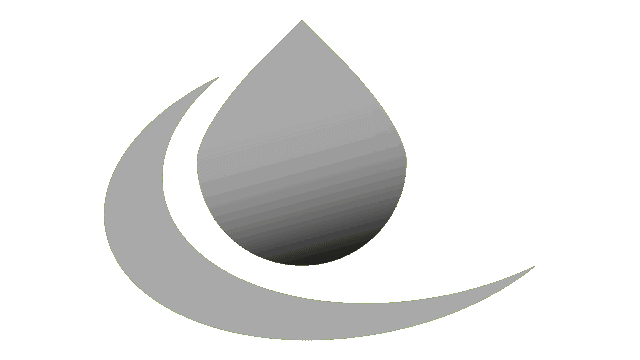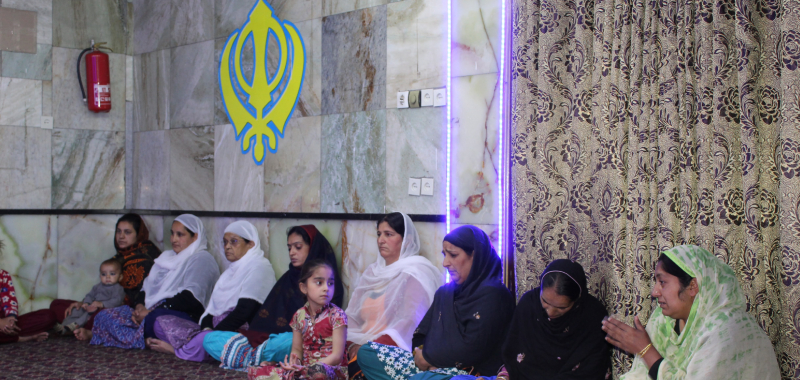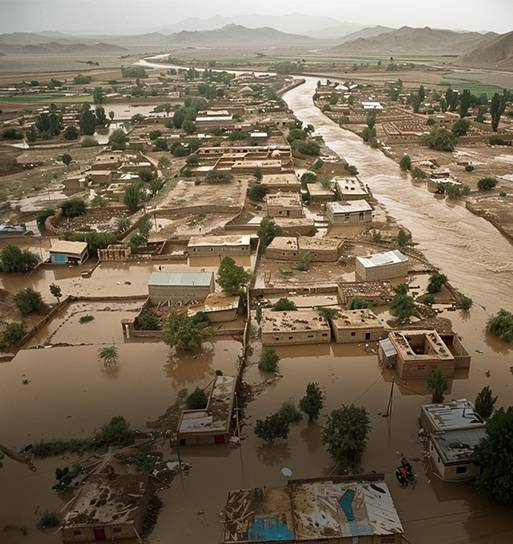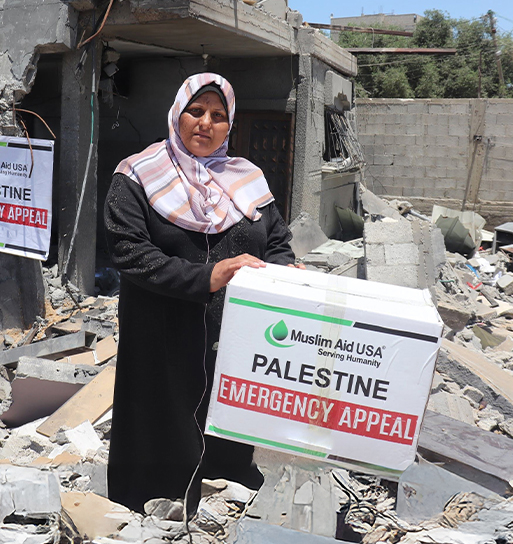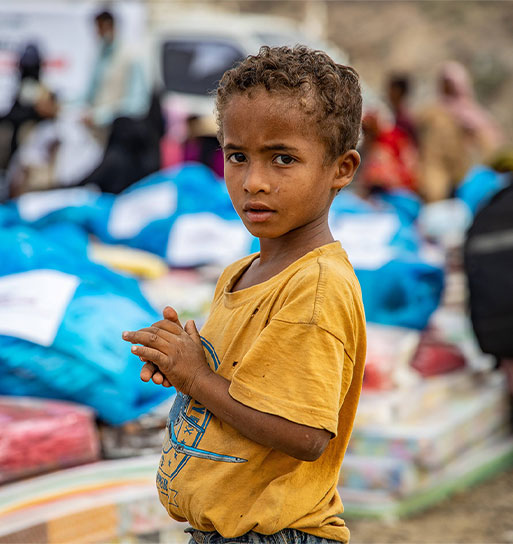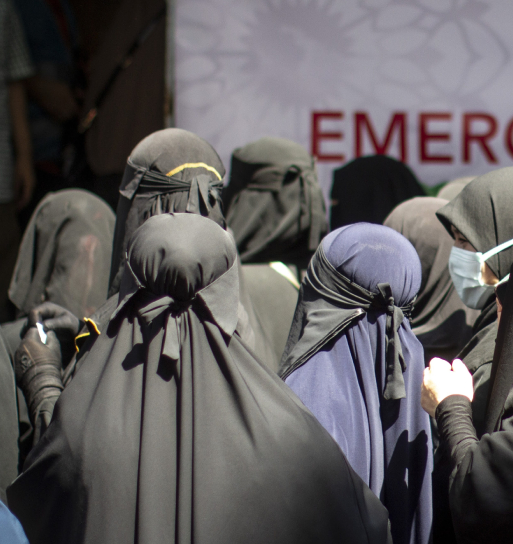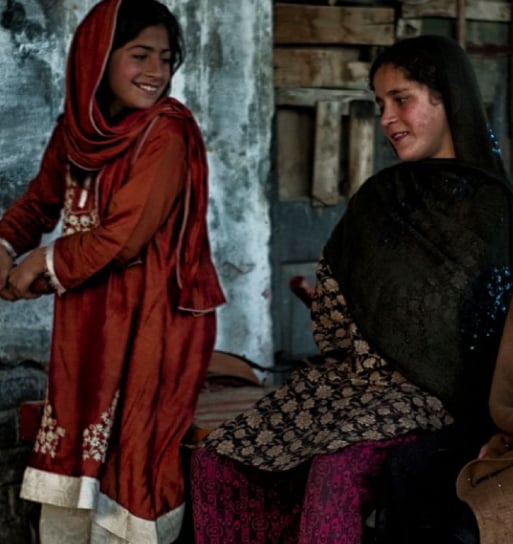
Installation Of Hand Pumps In District Jhang
As with most developing nations globally, millions across Pakistan struggle to access safe drinking water, sanitation, and hygiene (WASH). Naturally, such inadequate access to WASH is associated with increased rates of disease transmission, including that of cholera, dysentery, typhoid, polio, and hepatitis A. In children, diarrheal diseases resulting from the consumption of contaminated drinking water further exacerbate malnutrition and also contribute to increased rates of infant mortality. Despite being essential for both good health and productivity, approximately 36.2% of source water and 59.6% of household drinking water within the Punjab province of Pakistan is contaminated with E. coli and other dangerous pollutants.
Given such extreme need, Muslim Aid USA has partnered with UNICEF in order to improve and increase access to safe drinking water within the Punjabi Jhang District of Pakistan. Through the installation of 10 hand pumps within this region, approximately 1,050 direct and 1,000 indirect beneficiaries will ultimately be provided long-term access to safe water for drinking and sanitation/hygiene. In addition to the initial construction of these pumps, Muslim Aid USA has also partnered with the Pakistan Council for Research on Water Resources (PCRWR) to ensure water quality continues to properly maintained and monitored.
